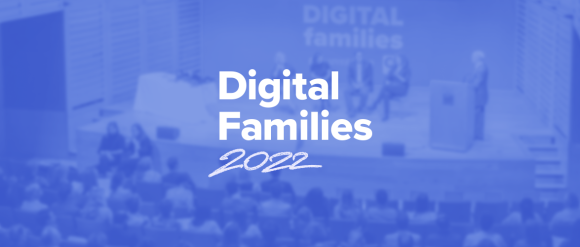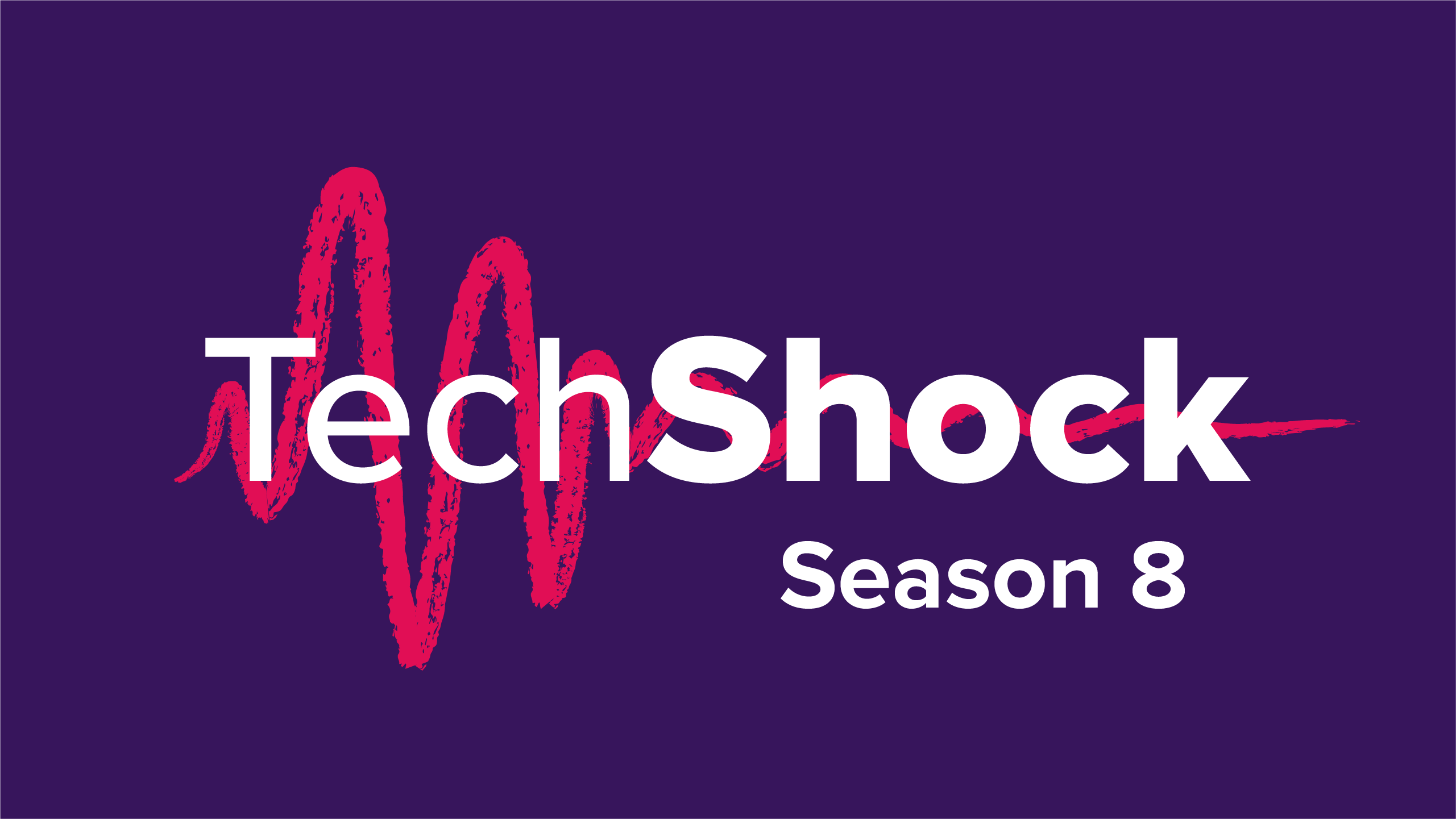Online harms: slow moves towards new laws
The government has published its long-awaited response to consultation on the Online Harms White Paper, outlining its latest plans to make the UK a safer place online.
![]()
Oliver Dowden, Secretary of State at the Department of Digital, Culture, Media and Sport (DCMS) and Priti Patel, Secretary of State for the Home Office, say the response will be the basis of legislation, with an Online Harms Bill expected in 2021.
The response establishes a ‘duty of care’ for all tech platforms and services, along the lines of health and safety legislation designed to prevent harms at work. Strong sanctions are promised for firms that fail to protect children and adults using their services.
Parent Zone welcomes the government’s ‘deliberately consultative and iterative approach’ to legislating, but hopes the final bill will reflect the ongoing concerns that families have.
Vicki Shotbolt, founder and CEO of Parent Zone, commented: “We welcome the release of this response after such a significant delay. It's disappointing to see that gambling harms have been entirely overlooked.
“Our work on the harms children experience whilst gaming demonstrates how important this issue is.
“We welcome the duty of care with a cautionary note to parents who might be expecting a similar 'duty of care' to the one they rely on for their children in other settings. It's not that – but it is a start.”

Due to high demand you can now attend our Digital Families Conference 22 on the 18th of October virtually, as well as in-person. Register here for free
Where the response works
Parent Zone endorses a number of developments in the response from previous positions in the White Paper, both of ideas and emphasis:
-
The main focus is on protecting children. (All services will have a duty of care to children, while only the largest will be required to take action on harmful but legal harms affecting adults.)
-
Ofcom will be the regulator, as suggested earlier this year, which will provide regulatory expertise and not require the setting up of a new body and further delays.
-
The duty of care will cover private messaging services. Given the government’s strongly expressed determination to prevent online child sexual abuse, we assume this also includes those that are end-to-end-encrypted.
-
The proposed sanctions are forceful, and include the ultimate power to stop platforms operating (the same sanction that applies to broadcasters).
-
The legislation will finally ensure that children are prevented from accessing pornography – something that was supposed to become law more than a year ago.
-
There is new emphasis on misinformation and disinformation, with a proposal for a working group to combat it (urgent now, with the need for UK citizens to be vaccinated).
-
The legislation will apply to any services accessed in the UK, regardless of where they are based in the world.
There is still a lot to be resolved
Addressing parliament on Tuesday, Oliver Dowden described the response as “setting the safety standard for the rest of the world”. In fact, the UK is no longer ahead of the game. The Government of Ireland published the General Scheme of the Online Safety and Media Regulation Bill on 9 December; the European Digital Services Act was published a few hours after the UK’s proposal; Canada is expected to make proposals in January; and Germany’s Network Enforcement Act and France’s Fighting Hate On The Internet Law have both come into force in recent months.
-
It is not clear when the UK government’s Bill will be published, still less passed into law. Apparently conscious of the delay, the government is now planning to introduce interim measures to protect children, including a ‘One-Stop Shop’ to advise companies on how best to do this. The response does not fully explain what form this will take.
-
The proposed legislation does not include financial harms, despite the belief of many campaigners that it should. (The government claims financial harms are better dealt with in separate legislation.)
-
There is no definition of ‘legal but harmful’ online activity, though one will be made in the Bill. Many campaigners, us included, see the distinction between legal and illegal harms as not particularly helpful and think legislation should take a risk-based approach.
-
Much will depend on the specifics of the Code Of Practice, which Ofcom will produce.
There will be plenty of debate, and lobbying, over the coming months. Given the coincidence of timing with Brexit, tech investment is likely to be highly attractive to the UK government (see the recent launch of a TikTok HQ in London). We look forward to being a part of these discussions.
Read our full response to the Online Harms White Paper here.
Latest Articles

The Tech Shock podcast – the 'wicked problem' of child financial harms
This week Vicki is joined by PUBLIC's Maya Daver-Massion and Zixuan Fu to unpack child financial harms.

The Tech Shock podcast – has media literacy’s time finally come?
Vicki and Geraldine are joined by Professor at Bournemouth University, Julian McDougall, to discuss all things media literacy.

The Tech Shock podcast – the emerging gender divide
Rosie Campbell, professor of politics and director of the Global Institute of Women's Leadership at King's College London, joins Vicki to discuss gender and online life.
